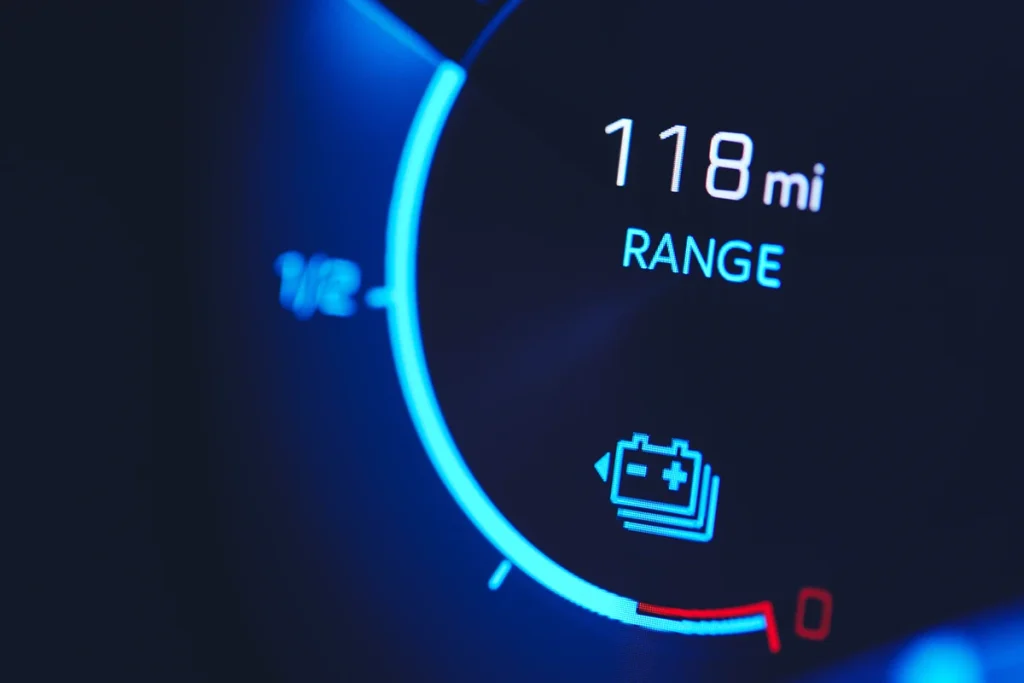In a significant victory for environmental advocates and proponents of clean air initiatives, the U.S. Environmental Protection Agency (EPA) and the California Air Resources Board (CARB) recently secured a crucial legal win in federal court. The U.S. Court of Appeals for the District of Columbia Circuit upheld the decision to grant California the authority to set its own stringent motor vehicle emissions standards, which has far-reaching implications for the future of electric vehicles (EVs) and climate action in the state.
Background of the Legal Battle
The legal battle over California’s emissions standards dates back to the Trump administration’s decision in 2019 to revoke California’s waiver that allowed the state to set its own vehicle emissions standards. This decision was met with widespread criticism from environmental groups, clean air advocates, and state officials who argued that California’s authority to implement stricter emissions standards was crucial for combating air pollution and addressing climate change.
Under President Joe Biden’s administration, the EPA reversed the Trump-era decision and restored California’s authority to set its own emissions standards, a move challenged by seventeen states led by Ohio Attorney General Dave Yost. The lawsuit in the U.S. Court of Appeals for the District of Columbia Circuit sought to contest the EPA’s decision to grant California the waiver to set stricter emissions standards for cars and trucks.
The Court’s Ruling
In a landmark decision, the three-judge panel of the U.S. Court of Appeals for the District of Columbia Circuit sided with the EPA and CARB, rejecting the legal challenge from the seventeen states and entities that opposed California’s emissions standards. The court upheld the EPA’s decision to grant California the waiver, allowing the state to continue enforcing its zero-emission vehicle sales mandate and tailpipe emissions limits through 2025.
The ruling was a significant victory for California Governor Gavin Newsom, who hailed the decision for public health and common sense against the fossil fuel industry and Republican-led states. Governor Newsom emphasized that the ruling reaffirmed California’s longstanding right to address pollution from cars and trucks, highlighting the state’s commitment to environmental protection and sustainability.
Implications for Electric Vehicles and Climate Action
The court’s decision to uphold California’s emissions standards has far-reaching implications for the state’s future of electric vehicles and climate action. California has long been at the forefront of efforts to combat climate change and reduce greenhouse gas emissions, with ambitious targets for transitioning to zero-emission vehicles and phasing out gasoline-powered cars.
In August 2022, CARB approved a landmark plan to end the sale of gasoline-only vehicles in California by 2035, setting yearly rising requirements for zero-emission vehicles starting in 2026. This plan represents a significant step towards accelerating the adoption of electric vehicles and reducing reliance on fossil fuels in the transportation sector.
CARB’s request to the EPA to approve a new waiver under the Clean Air Act for the EV rules beginning in 2026 underscores California’s commitment to driving innovation in the automotive industry and promoting sustainable transportation solutions. The Alliance for Automotive Innovation, representing major automakers, has raised concerns about California’s EV requirements, highlighting the challenges and opportunities facing the auto industry as it transitions towards electric mobility.
Future Outlook and Challenges
While the court’s decision to uphold California’s emissions standards is a significant victory for environmental advocates, the legal battle may not be over. The possibility of the case being appealed to the U.S. Supreme Court looms large, with potential implications for the future of state-led environmental regulations and climate initiatives.
The outcome of the legal battle over California’s emissions standards will have far-reaching consequences for the automotive industry, environmental policy, and climate action in the United States. As the transition to electric vehicles accelerates and states take proactive measures to address air pollution and climate change, the role of federal and state regulatory agencies in shaping the future of transportation will be closely scrutinized.
The court’s decision to uphold California’s emissions standards is a significant milestone in the ongoing efforts to combat climate change, promote clean air, and accelerate the transition to electric vehicles. The legal battle over state-led environmental regulations underscores the complex interplay between federal and state authorities in shaping environmental policy. It underscores the judiciary’s critical role in upholding environmental protections for current and future generations.


